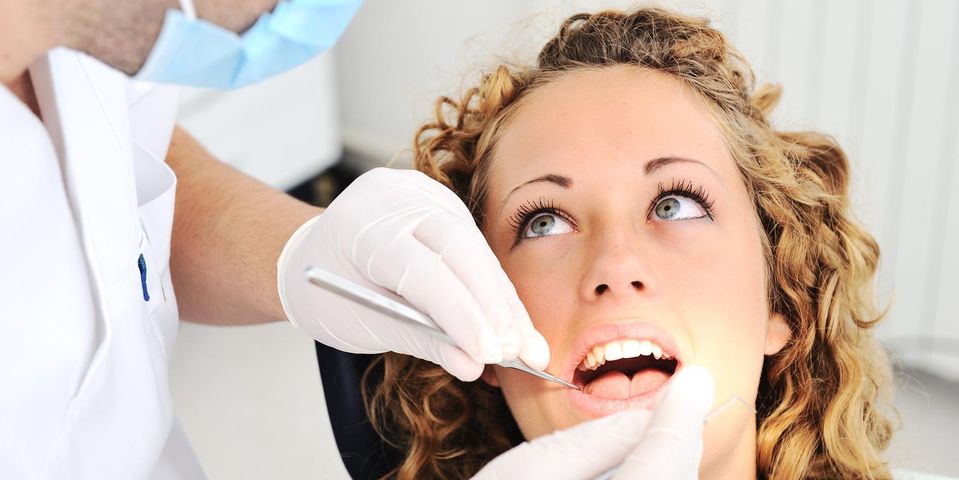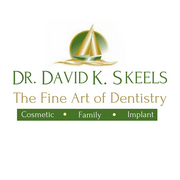
by DR. STUART RICH, Auburn Reporter Columnist
Aug 20, 2015 at 7:00PM
What do actor Patrick Swayze, Apple cofounder Steve Jobs and U.S. Supreme Court Justice Ruth Bader Ginsburg have in common?
They were all diagnosed with pancreatic cancer.
Swayze passed away in 2009 at 57, and Jobs in 2011, at 56. Ginsburg, diagnosed in 2009, is now 82 years old and has survived longer than most victims of this aggressive cancer.
This type of cancer hit especially close to home in our office, when one of our own team members lost her father to pancreatic cancer last year.
While it is the 12th most diagnosed type of cancer, it is the fourth-leading cause of cancer death overall. Unfortunately, pancreatic cancer has a poor prognosis, even when diagnosed early. It usually spreads rapidly and is rarely detected in its early stages. Symptoms often don't appear until it is quite advanced, which severely limits options for successful treatment. Only one in five of those diagnosed in the early stages will still be alive five years later.
The American Cancer Society estimates that in a given year, more than 46,000 people will be diagnosed, and almost 40,000 will die of the disease.
The pancreas is a small, pear-shaped gland that sits behind the lower portion of your stomach. Most of us are aware that the pancreas secretes insulin, the hormone that helps regulate your blood sugar. Poor blood sugar control and insulin resistance can lead to diabetes. The pancreas is also responsible for secreting enzymes that help digest food.
In our ongoing series of articles on the oral-systemic connection, we are looking at how the health of your mouth may be connected to pancreatic cancer.
In 2007, a study conducted by the Harvard School of Public Health of more than 50,000 men showed that those with a history of gum (periodontal) disease could be at increased risk of developing pancreatic cancer. Even after the researchers adjusted the data for age, smoking history, diabetes, obesity, diet and other potential contributors to pancreatic cancer, they found that men with a history of gum disease had a 64 percent increased risk of pancreatic cancer compared to men without a history of gum disease.
In 2012, researchers from Brown University, the Forsyth Institute and Harvard University found that high antibody levels against the oral bacteria p. gingivalis double the risk of pancreatic cancer. The body generates antibodies as a normal response to foreign invaders, like bacteria. Antibodies are part of our immune system's normal defenses. They are in higher numbers in response to higher levels of bacteria.
While we all have bacteria living inside our gastrointestinal system from one end to the other, some types are normally present, and harmless, while others represent a disease condition. The bacteria p. gingivalis is present in high numbers in the mouths of people with gum disease.
Interestingly, the study also showed that those who had a high percentage of antibodies to harmless or "good" bacteria had a 45 percent lower risk of developing pancreatic cancer.
To be clear, no one knows why gum disease and pancreatic cancer appear to be linked. There is no proven cause and effect relationship, although it would fall in line with other studies linking chronic inflammatory processes like gum disease to the growth of cancer cells. We have discussed multiple other conditions with that same link to inflammation in earlier articles in the Auburn Reporter.
Of course, gum disease is not the only thing linked to pancreatic cancer. A number of other proven risk factors are associated with the development of this disease. Some scientists estimate that smoking causes up to 25 percent of all pancreatic cancers, and is the leading preventable cause. More than 80 percent of pancreatic cancers develop after age 60, and it is also more common in men than women, and in African Americans than whites. Some of the increased risk in those groups is likely related to a higher incidence of smoking.
Diabetes and obesity also increase the risk of pancreatic cancer. A diet high in meat, especially processed lunch meats and bacon, also increases the risk. As you might expect, a diet high in vegetables and fruits reduces your risk. Like mom always says, "Eat your veggies."
While you can't do anything about your gender, race, age or genetics, there are a number of positive things you can do to decrease your risk of this and a whole host of other diseases through lifestyle choices, like quitting smoking, losing weight and eating a healthy diet. After reading this article, I hope you add brushing and flossing to the list.
Since more than 70 percent of the adult U.S. population has some form of gum disease, these studies further confirm that maintaining oral health through regular dental check-ups and good oral hygiene is essential to your overall health. In fact, it may just help save your life.
Dr. Stuart Rich, owner of Simply Smiles, is a general dental practice in Auburn, and writes on a variety of dental topics. He also assists sleep specialist physicians. For more information, call 253-939-6900, or visit www.SimplySmilesAuburn.com or www.SleepSolutionsNW.com.
Article Link
About the Business
Have a question? Ask the experts!
Send your question

